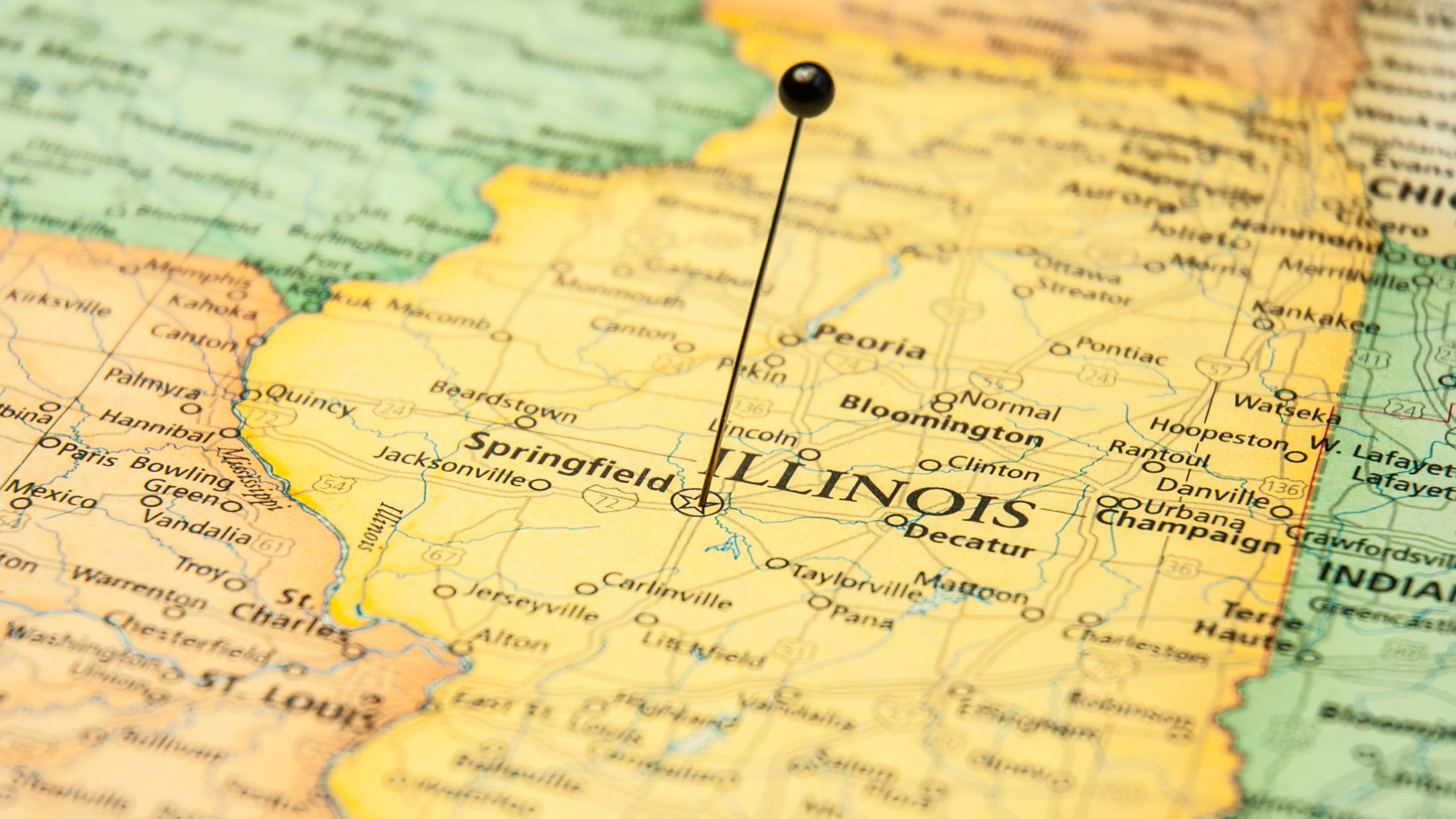Lockport Adds Another Tally to Illinois’ ‘Confusing’ Patchwork of Local Kratom Bans
LOCKPORT ADDS ANOTHER TALLY TO ILLINOIS’ ‘CONFUSING’ PATCHWORK OF LOCAL KRATOM BANS

A kratom ban in Lockport, Illinois joined a string of municipalities in the state that have taken action against the plant, adding thousands of consumers to the growing list of Illinois residents left waiting for the matter to be taken up in the state legislature.
What resulted from the proposed ban was a wide-ranging discussion about psychoactive substances, additives and scare tactics centered on illicit drugs and substances of abuse–neither of which applies to kratom per federal scientists. The council eventually passed a measure banning kratom products and set the stage for the Illinois legislature to pursue more robust legislation rather than the current “patchwork” of local laws.
Discussions surrounding kratom began in Lockport at the Sept. 25, 2024 meeting where the subject was formally introduced and supported by the ‘usual suspects’ of kratom opponents.
Alderwoman Susan King opened the discussion with personal stories of family members who were exposed to “unregulated substances” in high school. King acknowledged that those substances were eventually banned, albeit years later. Rather than waiting for the science, King suggested that the measure’s flexibility would allow law enforcement to address the ability of bad actors to change the “chemical makeup” of whatever was banned.
The only drawback of King’s approach is that it is factually inaccurate.
Understanding Concerns Around Kratom
Kratom is a plant that grows naturally in Southeast Asia and relies on naturally occurring alkaloids for its effects. In a hearing before the United States Congress earlier this year, scientists supported by the Food and Drug Administration (FDA) testified about the alkaloids of a variety of kratom products they had tested. Despite some variation, products derived from pure kratom leaves came with a chemical makeup of similar alkaloids.
Dr. Christopher McCurdy spearheaded research efforts at the University of Florida, on behalf of the FDA, and testified that the only variation they commonly saw in alkaloid makeup could best be explained by the maturity of the kratom leaves–not by the hand of humans influencing the chemical makeup of the product.
That didn’t stop the Lockport council from misrepresenting the science and circumstances that surround kratom in America.
One alderwoman brought up concerns about nitrous oxide and other substances of abuse that have been contaminated or tainted by dangerous substances. That led to a back and forth about what substances to include, as a different alderman brought up concerns over synthetic cannabis products. None of the substances discussed by the council are similar to kratom in either chemical makeup or reasons for use.
Despite King’s concerns about the chemical makeup of kratom, a majority of the comments by the council centered on the unregulated nature of kratom and the possibility of adulterants. It was never discussed explicitly, but the examples of severe reactions and concerns with kratom hinted at synthetic kratom products and those with artificially amplified potency.
In states that have passed kratom protection laws, most have included bans on any adulterants and some have included language on synthetic kratom alkaloids and a limit on potency. At the hearing before Congress, McCurdy spoke about the addition of these synthetic kratom additives.
McCurdy explained that local forensics labs cannot identify products artificially enhanced with other alkaloids. Tests would still show the naturally occurring alkaloid in kratom as the primary alkaloid. That would create a situation where the outcome would be blamed on kratom, despite the existence of substances that did not show up in a wide variety of naturally derived products.
Chemical analysis of products enhanced with synthetic alkaloids also showed the existence of unknown compounds that were not present in kratom products derived from the natural leaf.
“Meaning we have no idea what the harm could be, or the risk or what’s there,” McCurdy said. “This product is making a huge impact in the marketplace right now and it is not kratom. The bottom line is that this is being marketed as a kratom product… this is something that needs the attention of authorities.”
The Limitations of Protection By Prohibition
Instead of listening to the science and available information, beyond the same outdated warnings that are readily available on Google, the council decided to pursue a ban on non-regulated kratom products. There was another late push to widen the substances targeted, while some questioned the value of banning products that could soon be regulated at either the state or federal level.
“If the state then regulates it, then everything we’ve said we don’t want sold would be void,” said Mayor Steven Streit.
The final vote fell in favor of the ban 6-2 with kratom remaining as the only substance included in the ordinance.
The council's decision to ban kratom leaves consumers in a gray area that does little to address the concerns. Like the nitrous oxide containers, which law enforcement testified were most likely purchased online, customers would still have access to digital wholesalers. What they’d lose access to is the ability to inspect and evaluate products before purchase.
Lockport is less than an hour’s drive from downtown Chicago, and despite other municipalities in the area banning kratom, it remains widely available in the metro area. The potential to subvert the ban was the primary point of the sole voice who spoke against the proposed measure.
“Both instances are of bad actors who will continue to sell products, while responsible sellers exit the market,” said a representative from the Global Kratom Coalition who testified in front of the council. “This patchwork of bans across the state is confusing to responsible customers and ultimately.”





